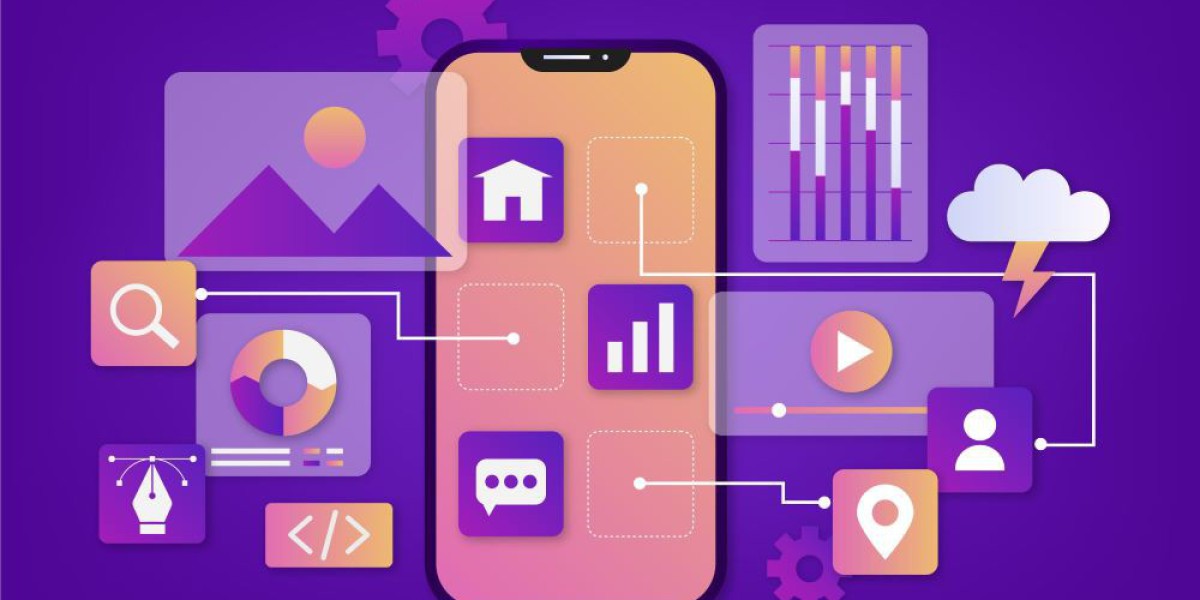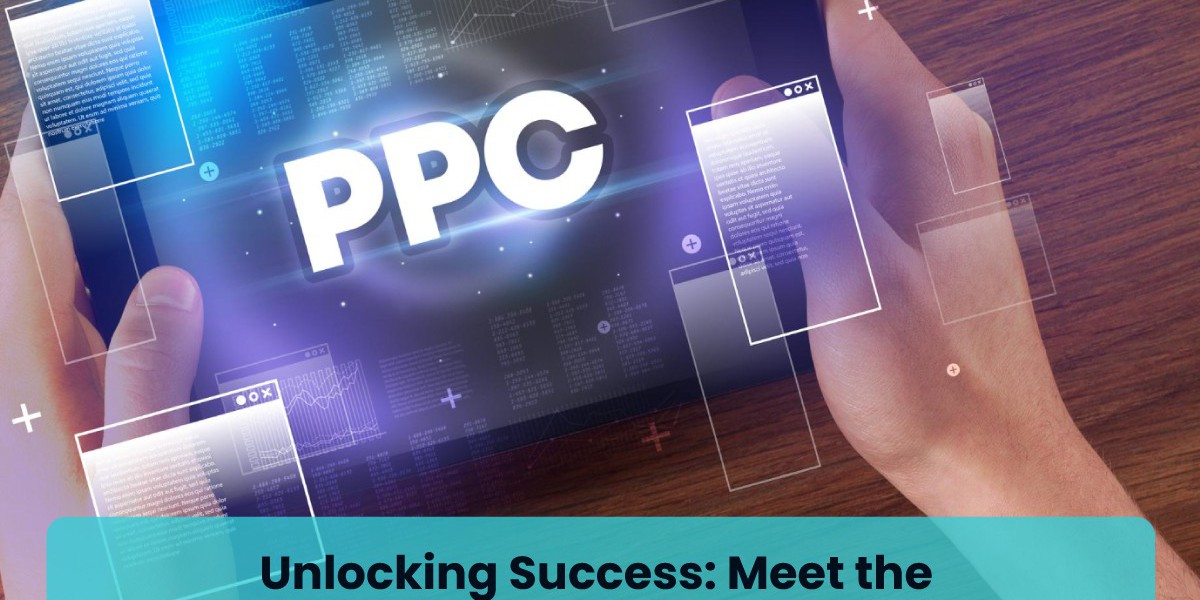In the digital age, smartphones have become an integral part of our daily lives, with Apple's iPhone leading the charge in revolutionizing how we communicate, work, and entertain ourselves. As the demand for iPhone applications continues to surge, the landscape of iPhone app development services is constantly evolving to meet the needs of businesses and consumers alike. In this article, we will explore the latest trends and technologies shaping the world of iPhone app development services, highlighting the key strategies and tools that developers are leveraging to create innovative and engaging applications.
Introduction to iPhone App Development Services
iPhone app development services encompass the entire process of creating applications specifically tailored for iOS devices, including iPhones, iPads, and iPod touches. These services typically involve ideation, design, development, testing, deployment, and ongoing maintenance and support. With millions of apps available on the Apple App Store, competition is fierce, driving developers to adopt cutting-edge technologies and stay ahead of emerging trends to deliver exceptional user experiences.
Key Trends Shaping iPhone App Development Services
Swift Programming Language: Swift, introduced by Apple in 2014, has emerged as the preferred programming language for iOS app development. Known for its speed, safety, and modern syntax, Swift has replaced Objective-C as the go-to language for building iOS applications. iPhone app development services providers are increasingly adopting Swift to streamline development processes and enhance app performance.
Augmented Reality (AR) and Virtual Reality (VR): The integration of AR and VR technologies has opened up new possibilities for iPhone app development, particularly in gaming, education, retail, and healthcare sectors. Developers are leveraging Apple's ARKit and RealityKit frameworks to create immersive AR and VR experiences that blur the lines between the digital and physical worlds. From interactive product visualizations to virtual tours and training simulations, AR and VR are transforming the way users interact with iPhone applications.
Machine Learning and Artificial Intelligence: Machine learning (ML) and artificial intelligence (AI) are revolutionizing iPhone app development by enabling personalized experiences, predictive analytics, and intelligent automation. Developers are leveraging Apple's Core ML framework to integrate ML models directly into iOS applications, empowering them to recognize patterns, make predictions, and adapt to user behavior in real-time. From smart assistants to recommendation engines and image recognition apps, ML and AI are driving innovation in the iPhone app ecosystem.
Internet of Things (IoT) Integration: With the proliferation of IoT devices, there is a growing demand for iPhone apps that can seamlessly interact with connected gadgets such as smart home appliances, wearable devices, and industrial sensors. iPhone app development services providers are integrating IoT capabilities into their applications using Apple's HomeKit and HealthKit frameworks, enabling users to control their smart devices and monitor their health and fitness data from their iPhones.
Progressive Web Apps (PWAs): Progressive web apps have gained traction as a cost-effective alternative to native iOS applications, offering cross-platform compatibility, offline access, and fast performance. iPhone app development services are increasingly embracing PWAs to reach a broader audience without sacrificing user experience. By leveraging web technologies such as HTML5, CSS, and JavaScript, developers can create responsive web applications that look and feel like native iOS apps, reducing development time and costs.
Blockchain and Cryptocurrency: The adoption of blockchain technology and cryptocurrencies is opening up new opportunities for iPhone app development, particularly in finance, supply chain, and healthcare sectors. Developers are leveraging blockchain platforms such as Ethereum and Hyperledger to build decentralized applications (DApps) that enable secure peer-to-peer transactions, digital identity verification, and transparent supply chain management. With Apple's recent support for blockchain-based apps on the App Store, the demand for iPhone app development services in the blockchain space is on the rise.
Emerging Technologies in iPhone App Development Services
5G Technology: The rollout of 5G networks is set to revolutionize iPhone app development by delivering faster download and upload speeds, lower latency, and greater network capacity. Developers can leverage 5G technology to create high-bandwidth applications such as live streaming, cloud gaming, augmented reality, and IoT solutions that require real-time data processing and seamless connectivity. As 5G networks become more widespread, iPhone app development services will need to optimize their applications to take full advantage of the enhanced network capabilities.
Edge Computing: Edge computing is gaining traction as a key enabler of low-latency and high-performance iPhone applications. By offloading computational tasks to edge servers located closer to the end-users, developers can reduce latency, improve response times, and enhance user experiences. iPhone app development services are leveraging edge computing platforms to deploy decentralized architectures for real-time data processing, content delivery, and machine learning inference, enabling them to deliver faster and more reliable applications in diverse use cases.
Voice Interface and Natural Language Processing (NLP): Voice interfaces powered by natural language processing (NLP) are becoming increasingly prevalent in iPhone applications, thanks to advancements in speech recognition and language understanding technologies. Developers are integrating voice-based interactions into their applications using Apple's SiriKit framework, enabling users to perform tasks, search for information, and control devices using voice commands. With the growing popularity of virtual assistants and smart speakers, iPhone app development services are focusing on enhancing the conversational capabilities of their applications to provide more intuitive and user-friendly experiences.
Edge AI and Federated Learning: Edge AI and federated learning are emerging as promising approaches to enhance privacy and security in iPhone applications that rely on machine learning models. By performing inference tasks directly on the device without sending sensitive data to the cloud, edge AI enables faster response times and greater data privacy. iPhone app development services are leveraging federated learning techniques to train ML models collaboratively across multiple devices while preserving user privacy, enabling them to deliver personalized experiences without compromising data security.
Extended Reality (XR): Extended reality (XR), which encompasses augmented reality (AR), virtual reality (VR), and mixed reality (MR), is poised to revolutionize iPhone app development by blurring the boundaries between the physical and digital worlds. Developers are leveraging Apple's ARKit and RealityKit frameworks to create immersive XR experiences that enable users to interact with digital objects in real-world environments. From interactive gaming and educational simulations to virtual meetings and remote collaboration, XR is opening up new possibilities for iPhone applications across various industries.
Conclusion
As the demand for iPhone applications continues to grow, the landscape of iPhone app development services is evolving at a rapid pace, driven by emerging trends and technologies such as Swift programming language, augmented reality (AR), machine learning (ML), Internet of Things (IoT), progressive web apps (PWAs), blockchain, 5G, edge computing, voice interface, edge AI, federated learning, and extended reality (XR). By staying abreast of these developments and embracing innovation, iPhone app development services can deliver exceptional user experiences and drive business growth in an increasingly competitive market landscape. As we look to the future, the possibilities for iPhone app development are limitless, fueled by the relentless pursuit of excellence and the transformative power of technology.



